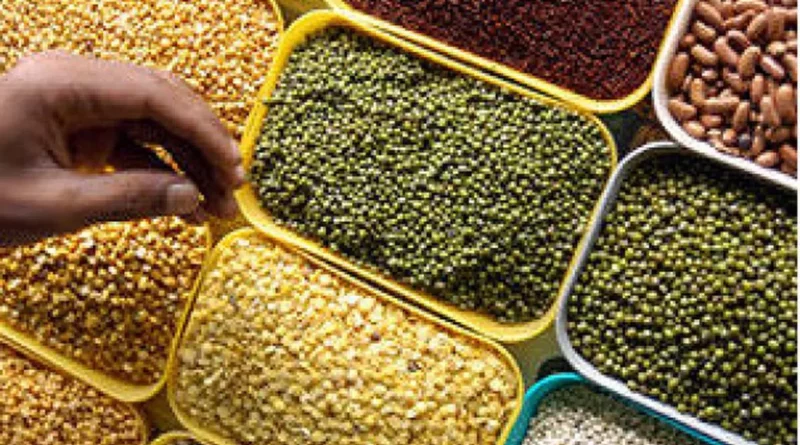Brazil seeks long-term trade policy with India to stabilise pulses exports
By Manisha Gupta
Najla Souza, Director at IBRAFE (Brazilian Institute of Beans and Pulses), has emphasised the need for long-term trade policies between Brazil and India to ensure stability and growth in the pulses trade.
Brazil exported 70,000 metric tonnes of urad to India last year, making it the second-largest supplier after Myanmar. This additional supply benefits India by increasing competition and lowering prices. However, without long-term trade assurances, Brazilian farmers are hesitant to expand production due to financial risks.
Souza stressed that Brazil does not seek to replace Myanmar as a supplier but rather to meet India’s growing demand for pulses. To further strengthen ties, IBRAFE is actively promoting Brazilian pulses, including the Carioca bean, as viable options for Indian households.
Brazil is focused on diversifying its agricultural production to ensure sustainability. Souza explained that Brazilian farmers engage in crop rotation—alternating between soybean, corn, and pulses—to maintain soil health and productivity. IBRAFE is working to promote pulses as a stable crop for Brazilian farmers, but stability in international markets, especially India, is crucial.
IBRAFE’s strategy involves close collaboration with the Brazilian government and diplomats in India to advocate for policies that benefit both countries.
Despite the uncertainties, Brazilian farmers remain open to experimenting with new crops, including urad and tur, provided they see profitability and long-term opportunities. IBRAFE continues to engage with farmers, exporters, and traders in Brazil to align their strategies with evolving market dynamics in India.
This article has been republished from The CNBCTV18.

